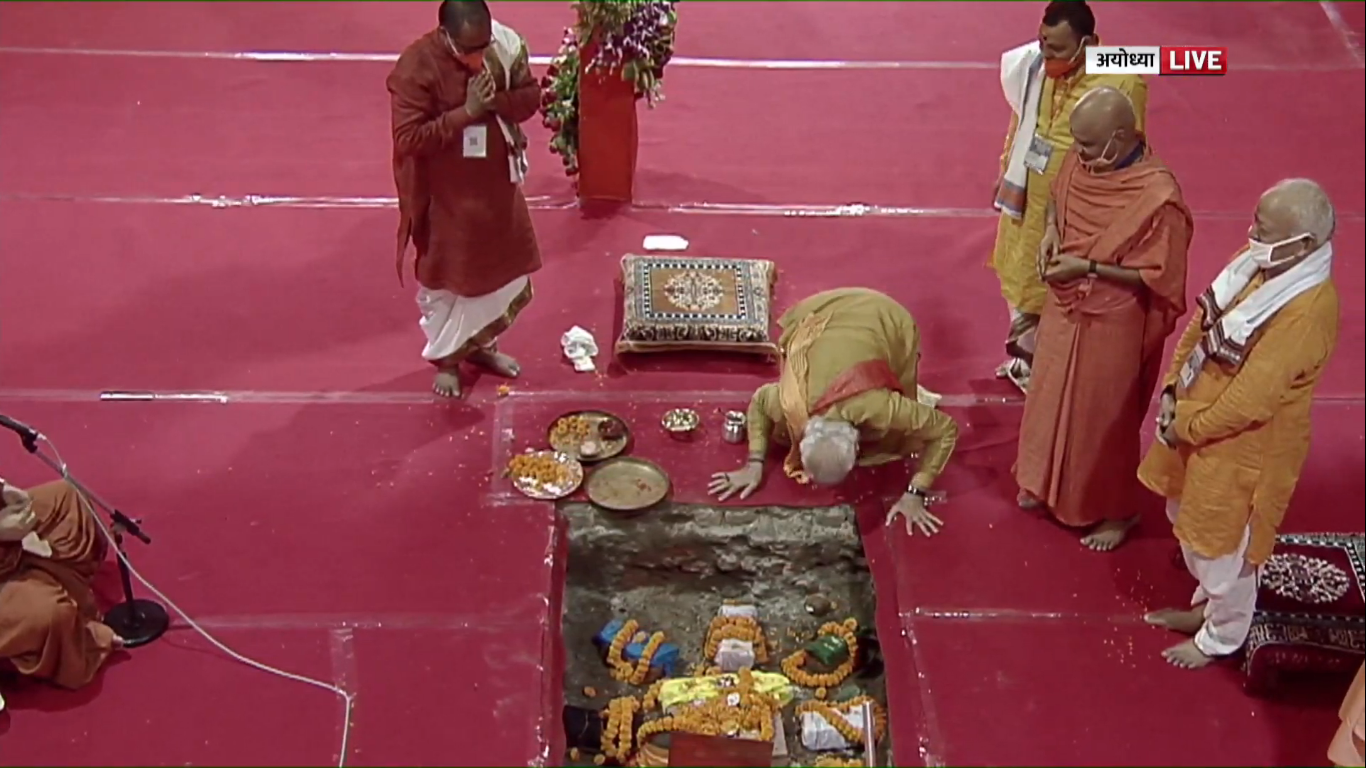New Delhi, Sept 28: Amid an ongoing row over the alleged police crackdown on girls at the Banaras Hindu University (BHU), a fresh 'night out' rule framed by the Jamia Millia Islamia (JMI) University for its female students has now triggered a fresh controversy.
The new rules framed by Delhi's central university requires its female students to ask their parents – preferably their fathers – to send a text message to the hostel warden approving their wards' plan to spend a night out.
However, no such rules exist for the male students of Jamia university, a DNA report said.
JMI's new 'night out' rules are applicable to all female students, including undergraduate and postgraduate ones, besides research scholars.
The rules require the parents to send a text message to the warden expressing their consent about their child's decision to spend the night out along with her name and her room number in the hostel.
It should also mention dates of absence from the hostel. Earlier, the residents of girls' hostels only had to get a form filled by their local guardians to get their hostel leaves approved.
Students said they have been asked to get permission preferably from the father as the university feels the mother can easily be "manipulated".
Agitated by the "regressive" move, a group of women from JMI's Hall of Girls Residence (Old) wrote to the Provost, saying the rule has been imposed without giving any prior intimation to them.
"We have been verbally told by the warden and the Provost about this new diktat, and no written notice or circular was issued by the university," said a third-year undergraduate student.
Azra Khursheed, the Provost of the Hall of Girls Residence (Old), however, termed it a "disciplinary" rule rather than a "discriminatory" one.
"There have been several instances of girls saying that they were going to visit their local guardians, but they actually went somewhere else. Keeping in mind their safety and security, the university has decided to keep their parents in the loop," she said.
Asked why such a rule is not there for the residents of boys' hostels, Khursheed said, "The safety of girls is our priority as boys can handle several situations on their own. Moreover, parents of girls trust us with their safety when they choose us over hundreds of PGs available around Jamia campus."
"The rule is a sheer violation of our privacy. We are capable of taking our own decisions. We don't need our parents' permission for each and everything," said a Ph.D. scholar.
Meanwhile, some residents of boys' hostels also criticised the move. "This is not the first time when different rules are being imposed on girls. The university has set a curfew limit of 8 pm for them even as there is no such limit for us. Unlike girls, we don't need to mark attendance every night," a first-year management student said.






Comments
Agreed. What you say is true. They will blame the university for "not taking care".
But, they should impose such restrictions on boys too. Although they are less vulnerable unlike females, there are chances of them falling into drugs, liquor, and othe rforms of corruption. This can also bring disrepute to the university, No.?
Young minds never understand the wolves n sheeps skin... If something gone wrong (i hope not) the parents , the authorities, the society will all blame the university for not taking care .
This is the reality...
Add new comment